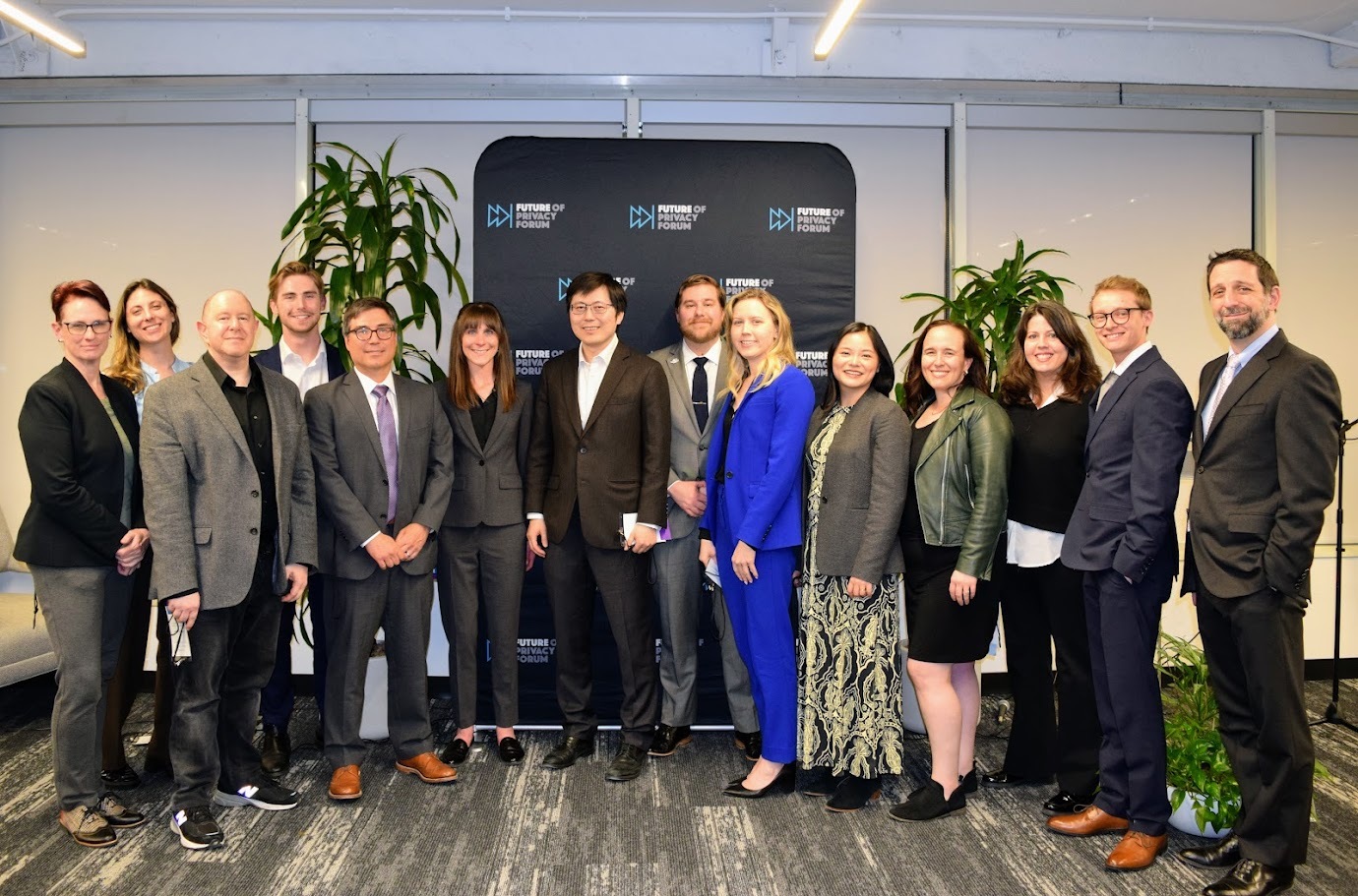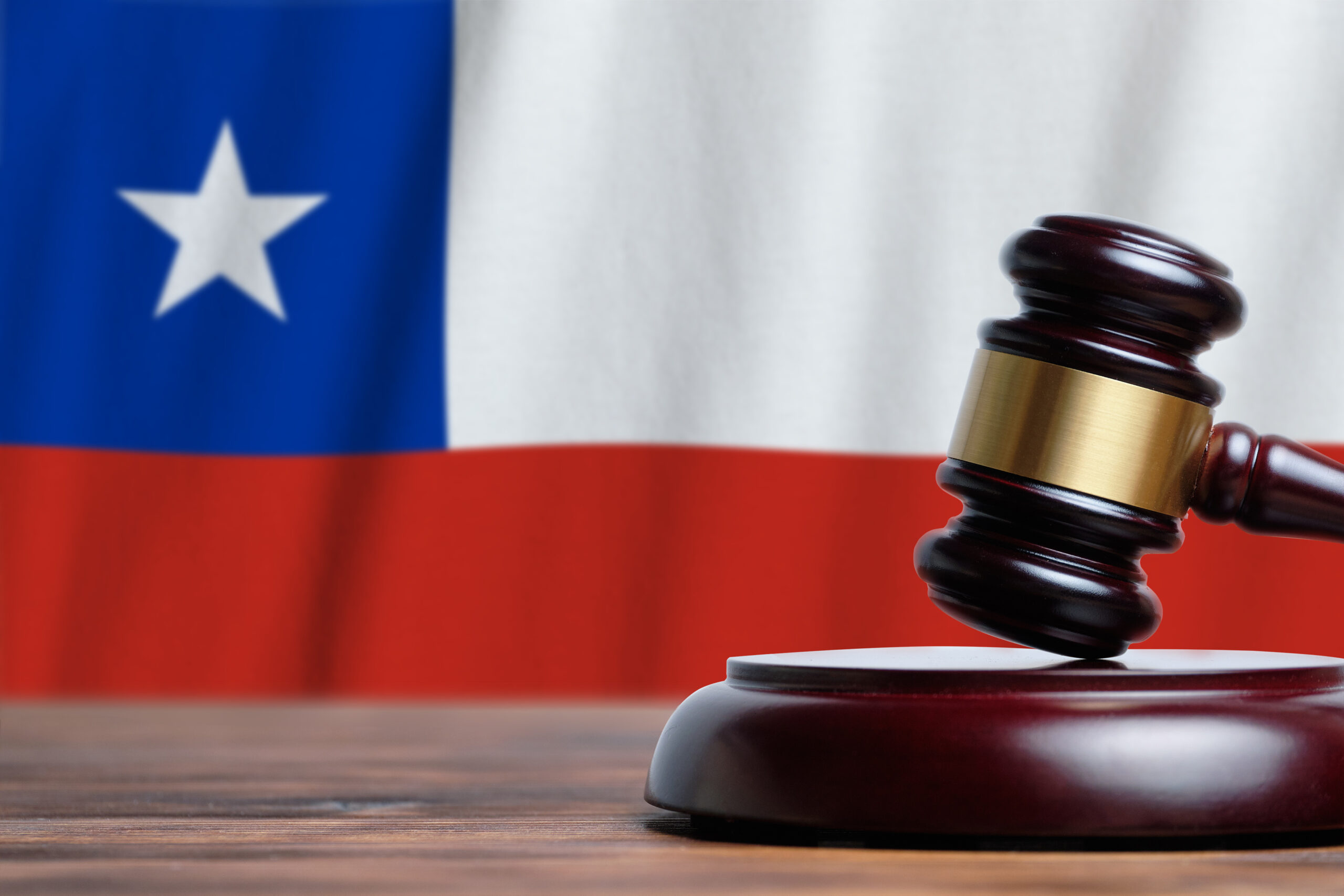Showing results for fire2020 xped promo code free spinks tanzania

“Personality vs. Personalization” in AI Systems: An Introduction (Part 1)
Conversational AI technologies are hyper-personalizing. Across sectors, companies are focused on offering personalized experiences that are tailored to users’ preferences, behaviors, and virtual and physical environments. These range from general purpose LLMs, to the rapidly growing market for LLM-powered AI companions, educational aides, and corporate assistants. There are clear trends among this overall focus: towards […]

AI Regulation in Latin America: Overview and Emerging Trends in Key Proposals
[…] the OECD’s AI Principles, focused on transparency, security, and responsibility of AI systems, and to UNESCO’s AI Ethics Recommendation, which emphasizes the need for a human-centered approach, promoting social justice and environmental sustainability in AI systems. All bills reviewed ground the development of AI in privacy or data protection as a guiding principle to […]

Brazil’s ANPD Preliminary Study on Generative AI highlights the dual nature of data protection law: balancing rights with technological innovation
[…] Article 1 of the LGPD identifies the objective of the law as ensuring the processing of personal data protects the fundamental rights of freedom, privacy, and the free development of personality.3 At the same time, Article 2 of the LGPD recognizes data protection is “grounded” on economic and technological development and innovation. The study […]

Vermont and Nebraska: Diverging Experiments in State Age-Appropriate Design Codes
In May 2025, Nebraska and Vermont passed Age-Appropriate Design Code Acts (AADCs), continuing the bipartisan trend of states advancing protections for youth online. While these new bills arrived within the same week and share both a common name and general purpose, their scope, applicability, and substance take two very different approaches to a common […]

Amendments to the Montana Consumer Data Privacy Act Bring Big Changes to Big Sky Country
[…] impact on, a minor; (b) financial, physical, or reputational injury; (c) unauthorized disclosure of personal data as a result of a security breach (as described in Mont. Code Ann. § 30-14-1704); or (d) intrusion upon the solitude or seclusion or private affairs or concerns of a minor, whether physical or otherwise, that would be offensive […]

The Curse of Dimensionality: De-identification Challenges in the Sharing of Highly Dimensional Datasets
[…] values are replaced with broader, less precise categories. Examples include replacing an exact birth date with just the birth year or an age range, a specific ZIP code with a larger geographic area, or a specific occupation with a broader job category. This is a core technique used to achieve k-anonymity. While it reduces […]

Little Rock, Minor Rights: Arkansas Leads with COPPA 2.0-Inspired Law
[…] The passage of Arkansas COPPA 2.0 may signal an emerging trend towards a potentially more constitutionally resilient approach to protecting children and teens online. Unlike age-appropriate design codes or social media age verification mandates, which have faced significant First Amendment challenges, Arkansas COPPA 2.0 takes a more targeted approach focused on privacy and data […]

FPF Privacy Papers for Policymakers: A Celebration of Impactful Privacy Research and Scholarship
[…] thanking the winning authors, discussants, event team, and FPF’s Daniel Hales for their contributions. He highlighted FPF’s role in bringing together academia, policy, and industry experts to promote meaningful discussions on privacy. Read the 15th Annual Privacy Papers for Policymakers Digest dsc 0747 DSC_0747 dsc 0742 DSC_0742 dsc 0752 dsc 0777 DSC_0777 dsc 0795 […]

Chile’s New Data Protection Law: Context, Overview, and Key Takeaways
[…] meet international commitments1. According to the Chilean government, the approved LPPD pursues the dual objective of (i) providing stronger protection for data subjects and (ii) regulating and promoting the country’s digital economy.2 This blog covers some of the new features in the LPPD, including: Extraterritoriality: the new law applies to private and public organizations […]

Geopolitical fragmentation, the AI race, and global data flows: the new reality
[…] of where they are based in the world, must make data related to the use of connected devices readily available to EU-based users and recipients. Initiatives to promote the EU’s digital sovereignty and minimise the need to transfer data to centralized foreign platforms can also be expected to gain momentum. The rise of China […]
